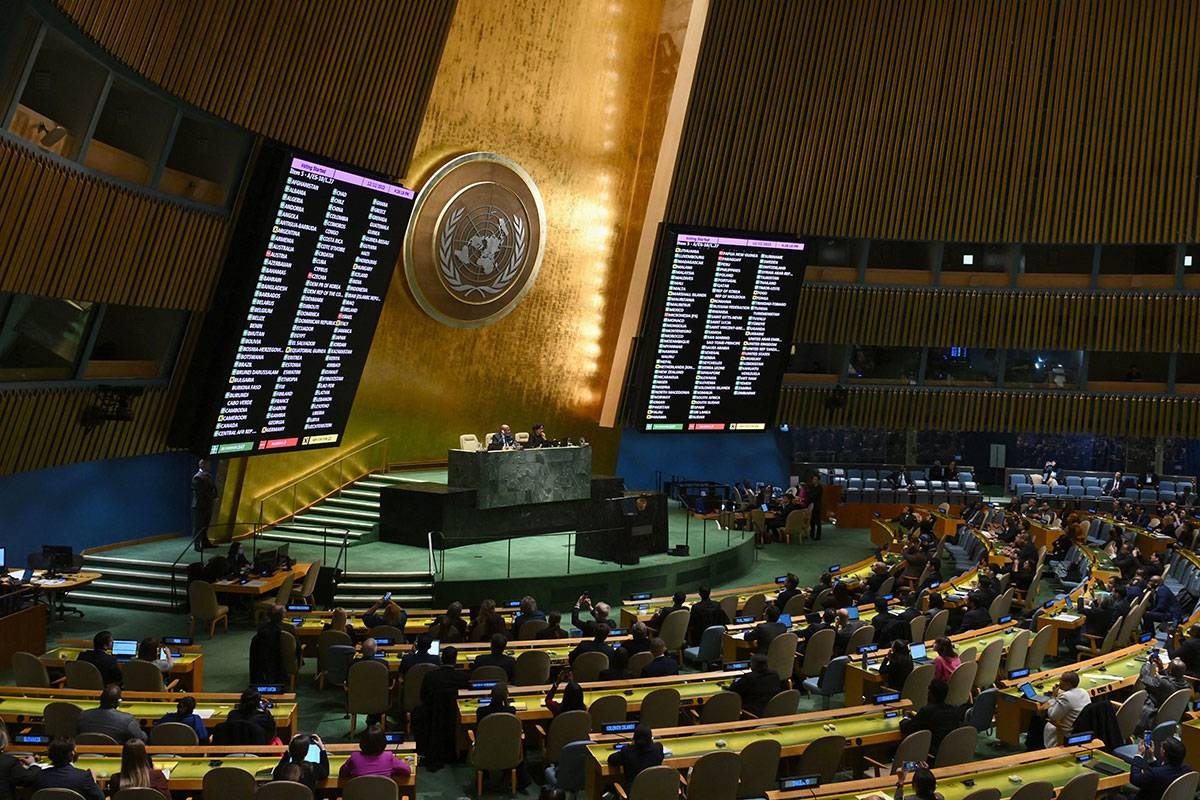Humanity Returns to Pre-Pandemic Levels of Development, but Inequality Persists
The United Nations announced on Wednesday (Thursday in Manila) that global development has returned to pre-pandemic levels. This positive news comes after two consecutive years of decline in the Global Human Development Index (HDI), which had not happened since its inception almost 35 years ago. The COVID-19 crisis played a significant role in this decline, erasing five years of progress. However, the UN Development Program (UNDP) has forecasted a record high in the HDI for 2023, according to a report released on Wednesday.
The rebound in development is evident across all categories, including life expectancy, education, and standard of living. These metrics are projected to surpass their pre-2019 values. Nevertheless, the lingering effects of the pandemic and the ongoing conflict in Ukraine have slightly dampened the trajectory of this recovery. While overall development seems to be improving, it is crucial to acknowledge the widening gap between wealthy and poor countries.
Pedro Conceicao, the person in charge of the report, expressed surprise at the results, stating, “What we’re seeing is that the poorest and most vulnerable segments of our society are being left behind.” This alarming trend threatens the UNDP’s goal for 2030, which aims to leave no one behind and prioritize those who are furthest behind. Unfortunately, the reality is quite the opposite. The report highlights a departure from the convergence of HDI numbers among countries, a trend observed over the past 20 years.
The 2023 report reveals that Switzerland, Norway, and Iceland remain at the top of the HDI list, with the scores of every OECD country returning to at least 2019 levels. On the other end of the spectrum, Somalia, South Sudan, and the Central African Republic find themselves at the bottom of the HDI list. More than half of the UN’s least developed countries, particularly those in Africa, have not yet recovered from the effects of the pandemic. Additionally, struggling countries such as Sudan, Afghanistan, and Myanmar face a combination of challenges, including the pandemic, economic and fiscal crises, and conflict, making recovery a distant prospect.
The widening gap between rich and poor countries poses significant dangers for an increasingly divided world. Achim Steiner, head of the UNDP, emphasized the paradox of a world that is wealthier than ever before, yet plagued by hunger, poverty, and escalating conflicts. He stated, “We have more hungry, more poor people than we did 10 years ago. We have wars happening increasingly across the world, with tens of millions of refugees.” This unsettling reality reflects a world that is becoming riskier and turning on itself.
The UNDP’s report, titled “Breaking the Gridlock: Reimagining Cooperation in a Polarized World,” sheds light on the shortcomings of international cooperation in addressing these challenges. It highlights a “democracy paradox,” where populism has gained momentum in a world characterized by self-interest and a lack of collective action. The report emphasizes the urgent need for cooperation and trust-building to tackle the pressing issues facing humanity and the planet.
At this critical juncture, it is essential for nations to come together and prioritize collaboration over division. The report’s findings serve as a call to action for governments, institutions, and individuals to reevaluate their approaches and work towards a more inclusive and sustainable future. Only through collective efforts can we bridge the gap between rich and poor countries, ensuring that no one is left behind in the pursuit of global development and well-being.
Source: The Manila Times








